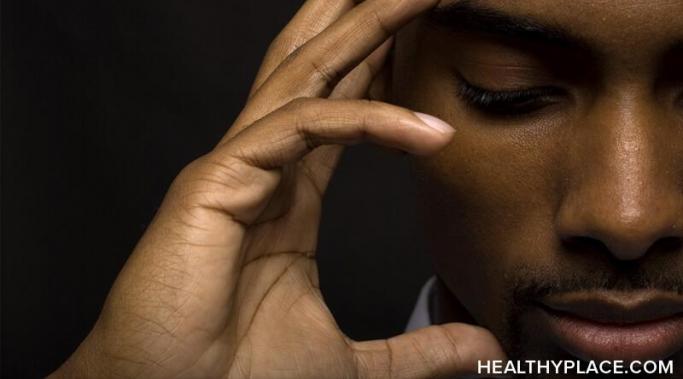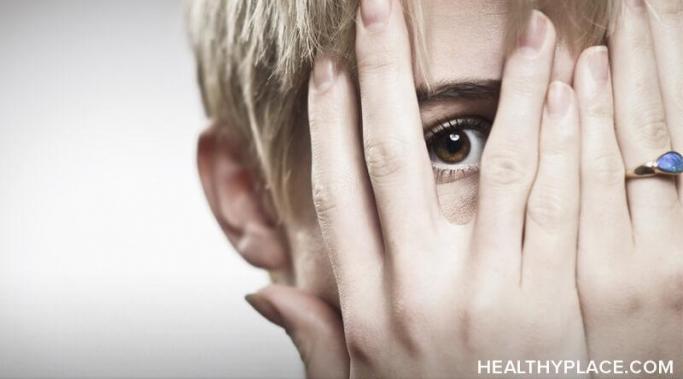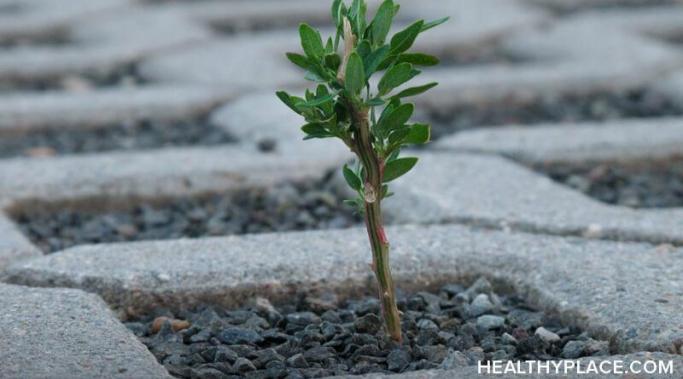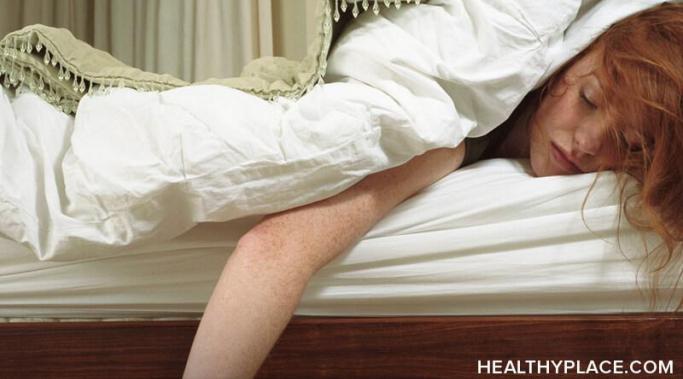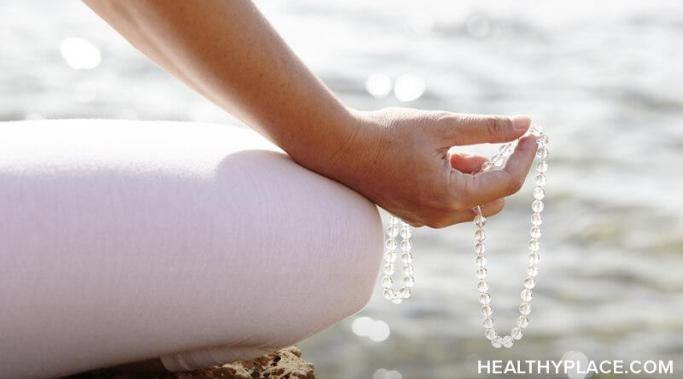"Feel the fear and do it anyway" is a popular motivational phrase, but its wisdom is often difficult to actually implement in your life, especially if you deal with anxiety. Fear and anxiety are huge, overwhelming emotions, and many of us struggle to even allow ourselves to feel them, let alone feel them and then continue functioning like a healthy person. Still, that doesn't mean it's impossible. It just means we may need some help to "feel the fear and do it anyway." These are three tips I've developed through years of living with anxiety.
Managing Anxiety
I have recently quit drinking. Drinking has negatively impacted my life for the past few months and I decided to stop a couple weeks ago. I am hoping this will put me on a path to a healthier life both mentally and physically.
I frequently struggle with my hot head, my anger, which feels a little embarrassing to admit. I'm a very anxious person -- something I address in a lot of my articles -- and my anxiety often manifests as anger. I try not to make my anger visible when I'm around others, but it's an all-consuming emotion that's hard to hide. I'm angry about wasting time and energy being so hot-headed, so I am searching for ways to ease my mind.
There are five types of fear I associate with psychosis. Although, since my diagnosis 15 years ago, I have often been told that my illness doesn't define me, it's hard to separate myself from the types of fear psychosis brings out in me. Having schizoaffective disorder has had a huge impact on how I see and feel about the world around me, particularly when experiencing psychosis. My psychosis primarily consists of auditory and visual hallucinations which are sometimes terrifying. Experiencing hallucinations has felt differently pre- and post-diagnosis. Here are five different types of fear I've felt with psychosis. Good or bad, these fears have been an important part of my life story.
Emotional resilience is very important to a person's wellbeing. It is a way to describe how well you mentally bounce back from upsetting situations and events. Resilience can be crucial in mental illness recovery where stress can aggravate symptoms. Being able to better handle stress improves stability.
I've struggled a lot with getting a good night's sleep. Almost every night I laid awake with my racing, anxious thoughts. I was exhausted physically, but couldn't quiet my mind. Once I finally fell asleep it wasn't for long. I would get up several times throughout the night. Some days I couldn't keep my eyes open at work. I would find a way to take a nap if at all possible. My situation felt desperate so I have been on a quest the past several months to discover ways to get a good night's sleep.
A few months ago I underwent eye muscle surgery to better align my eyes. This is a problem I have struggled with since birth, so it really gave my confidence a boost to look in the mirror and see straight eyes. The surgery was elective and something I really had to ask for.
Mala beads may not help everyone, and, for me, dealing with my mental illness means medications come first. However, being open to learning additional methods to improve your life and functioning is also important. When you discover new and healthy ways to cope, go with it. Everyone is different, so use what works for you. I recently saw a post on Facebook about mala beads. I was intrigued and bought a necklace. I was excited when they arrived, and even though meditation had been difficult for me in the past, I was definitely willing to give it a try with my new mala beads.
Having a mental health recovery-friendly home is important because an important piece of mental illness recovery is feeling safe -- and if you're lucky -- relaxed. We can't always control our environment and surroundings, but I do think there are ways to arrange and organize your home to aid your mental health recovery. Here are seven ways to make your home more mental health recovery-friendly. They are not major changes, just simple ideas that might make a difference.
My mental illness recovery is important to me, now more than ever, because of my daughter. I have been in mental illness recovery since my early 20s, long before I ever thought I'd be a mom. When my husband and I found out we were expecting, we were ecstatic, but I also felt overwhelmed. There is no turning back from this awesome responsibility. Nothing would ever be the same. My daughter is now two-and-a-half, and it's like I can't even remember what life was like without her. There's so much I want to show her and teach her, but I have to be mentally healthy and well to do that. Here are four reasons my daughter motivates me to make my mental illness recovery important.
